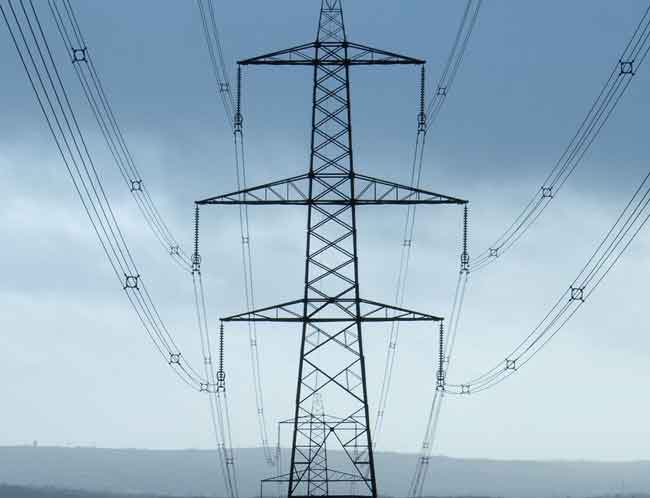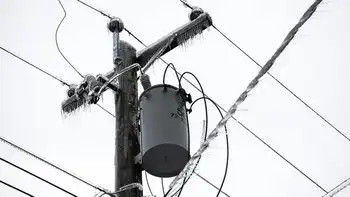Digital grid powering the future of utilities
Protective Relay Training - Basic
Our customized live online or in‑person group training can be delivered to your staff at your location.

- Live Online
- 12 hours Instructor-led
- Group Training Available
Digital Grid Investments are surging as utilities modernize networks with smart grid, IoT, and cybersecurity, driven by renewables growth, performance gains, and new entrants; utilities explore virtual power plants, battery storage, blockchain, and EV charging.
Key Points
Digital Grid Investments fund grid digitization to boost reliability, add renewables, and strengthen cybersecurity.
✅ $500B expected in 5-7 years across utilities
✅ Drivers: renewables, operations, cybersecurity
✅ Barriers: business case, tech maturity, inexperience
According to a new EY report Digital grid: powering the future of utilities, digital grid is becoming a primary focus area for the global power and utilities sector, with 92% of companies surveyed planning to invest in the next 12 months. In the next 5 to 7 years, investment in digital grid is expected to be in the region of $500 billion, including smarter electricity infrastructure initiatives. Forty-six percent of respondents confirmed that digital grid – the digitization of electricity, gas and water networks, from digital transformer stations to advanced sensors – is a top strategic program or a target for investment over the next year. Growth in renewables (72%), improvement in infrastructure operations and performance (72%) and cybersecurity risks (60%) were cited as the primary drivers for investment in this area.
An equal number of survey respondents (48%) identified difficulty making a business case, concerns about grid modernization affordability, immature technologies and supplier inexperience, and a lack of understanding of the implications as the top barriers to digital grid adoption.
Fifty-six percent of respondents agree that non-traditional utility entrants will completely transform the sector, reflecting emerging grid edge trends observed by analysts. These new competitors – from telecommunication and technology companies to energy aggregators and energy service companies – are investing, as surging data center demand reshapes utility load profiles, in offerings that have the potential to erode traditional utilities’ returns on digital grid investment. This includes connected home products, home energy management solutions and off-grid solutions among other products. The report highlights innovative approaches undertaken by utilities to manage disruption from new entrants, including developing a virtual power plant based on battery storage, promoting a “bring your own battery” business model and testing blockchain for electric vehicle charging











